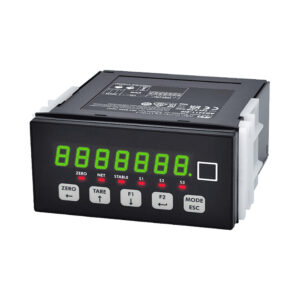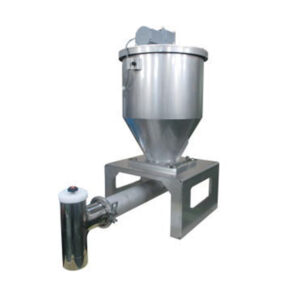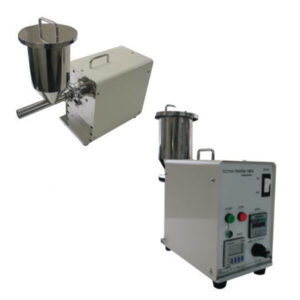Weighing Scales
Showing all 11 results
- Testing Equipment, Testing Instrument & Equipment, Weighing Scales
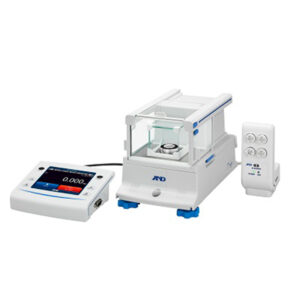
A&D Borealis BA-T/BA Series – AD Company Limited
Testing Equipment, Testing Instrument & Equipment, Weighing ScalesA&D Borealis BA-T/BA Series – AD Company Limited
Premium-Level Micro/Semi-Micro Balances
Automatic opening/closing of the breeze break doors using non-contact IR sensors
5-inch wide color touch screen that enables intuitive operation (for the BA-T series)
External ionizer for instant static removal*1*1 Optional for the BA-225/225D/125D
SKU: n/a - Testing Equipment, Testing Instrument & Equipment, Weighing Scales
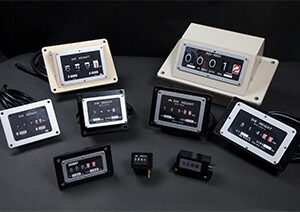
Die Height Indicator – Wako Seiki Co. Ltd.
Testing Equipment, Testing Instrument & Equipment, Weighing ScalesDie Height Indicator – Wako Seiki Co. Ltd.
Mainly used as die positioning equipment for presses.
What is die height?
Die Height is the distance from the top to the bottom of the slide when the adjustment of the slide is set to the limit at the bottom dead center.What is shut height?
Shut height is the distance from the top to the bottom of the head surface when the bolster plate is removed from the slide at the bottom dead center.What is open height?
Open height is the distance from the bottom of the slide to the top of the bolster when the adjustment of the slide is set to the limit at the bottom dead center.Slide adjustment amount
During metal mold mounting, the connecting rod and slide adjustment screw (connecting screw) adjust the vertical positioning of the slide.
The mounted mold’s range of motion and height is set by the amount of the adjustment.What is a Die Height Indicator?
The Die Height Indicator is used when these adjustments are made.
The maximum and minimum settings at the time of molding are decided through this device.SKU: n/a - Testing Equipment, Testing Instrument & Equipment, Weighing Scales

FG-CWP Series – AD Company Limited
Testing Equipment, Testing Instrument & Equipment, Weighing ScalesFG-CWP Series – AD Company Limited
Waterproof Platform Scales
All stainless steel construction*1
IP67 dust & waterproof
Cleanable with alcohol*2*3*1 Display unit, weighing pan, pole and frame: SUS304
Load cell: SUS420J-2 with protective coating
*2 Alcohol diluted to 70% or less
*3 For the display unit (including the front panel), weighing pan, pole and frameSKU: n/a - Testing Equipment, Testing Instrument & Equipment, Weighing Scales
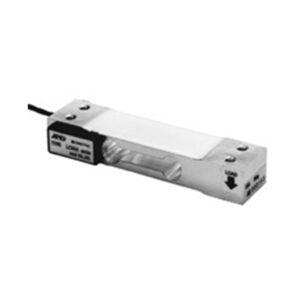
LCB03 (Aluminum) – ikjae_lim@lifepepper.co.jp
Testing Equipment, Testing Instrument & Equipment, Weighing ScalesLCB03 (Aluminum) – ikjae_lim@lifepepper.co.jp
Compact design for bench scale, single point compact load cells
The LCB03 series single point beam load cells are compact (130 mm
length, 22 mm height) and low cost, optimum as platforms for from ordinary weighing to platforms for mixing and filling. Being of a single point
design allows for simplified weighing system construction.
To install the load cell properly, the static conditions, as well as dynamic
factors (i.e., shock and vibration) must be considered.
To obtain the best performance from the load cell, read this instruction
manual before installation.SKU: n/a - Testing Equipment, Testing Instrument & Equipment, Weighing Scales

LCD weighing indicator AD4413-CW – AD Company Limited
Testing Equipment, Testing Instrument & Equipment, Weighing ScalesLCD weighing indicator AD4413-CW – AD Company Limited
High functionality touch panel color LCD weighing indicator for check weighers
Uses a stainless steel frame to increase durability
7” high-visibility touch panel color LCD
Up to 1,000 registered items
4000 times/second high-speed sampling
A/D resolution 16,000,000 countsSKU: n/a - Testing Equipment, Testing Instrument & Equipment, Weighing Scales
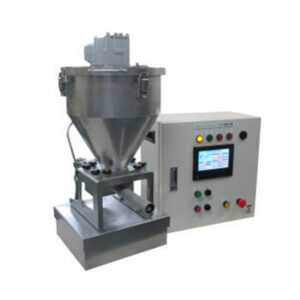
Loss-in-SM screw dosing machine (load cell weight flow control) – Seiwa Giken Co.
Testing Equipment, Testing Instrument & Equipment, Weighing ScalesLoss-in-SM screw dosing machine (load cell weight flow control) – Seiwa Giken Co.
Fixed-quantity feeder that automatically controls the flow rate of material depleted from within the hopper while controlling the weight in real time.
Weighing the weight loss of the powder discharged from the feeder against the overall weight of the hopper and feeder, the feed rate is regulated to keep the weight loss rate constant with respect to the set value.
SKU: n/a - Testing Equipment, Testing Instrument & Equipment, Weighing Scales
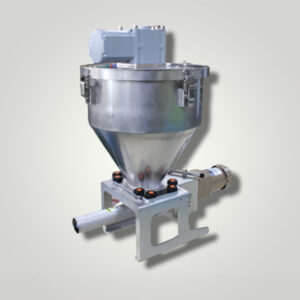
SM screw feeder (capacity timer control) – Seiwa Giken Co.
Testing Equipment, Testing Instrument & Equipment, Weighing ScalesSM screw feeder (capacity timer control) – Seiwa Giken Co.
Stable, fixed-quantity conveying of powder materials with equal pitch of screw. Variable screw speed by inverter
Single-axis and dual-axis feeders are available, with feeder sizes to match the desired feeding capacity. The basic parts, such as screws and feeders for pellets, powder, and precision feeds, are available to meet the required specifications.
SKU: n/a
Are you looking for a Weighing Scales product?
When selecting Weighing Scales for your company’s needs, there are several important points to consider during the comparison and evaluation process.
1. Weight Capacity and Accuracy
Check the maximum weight capacity of the weighing scales and the level of accuracy they provide for your specific weighing needs.
2. Scale Type and Design
Consider the type of weighing scales available, such as bench scales, floor scales, counting scales, or truck scales, and choose the one that suits your application and space requirements.
3. Calibration and Calibration Options
Evaluate the ease of calibration and the availability of calibration options to ensure accurate measurements over time.
4. Display and Readability
Ensure that the scale’s display is clear, easy to read, and provides measurements in units suitable for your operations.
5. Material and Build Quality
Inspect the construction and material quality of the weighing scales to ensure they can withstand the demands of your manufacturing environment.
6. Connectivity and Data Handling
Check if the weighing scales offer connectivity options such as USB, Ethernet, or Wi-Fi for data transfer and integration with other systems like ERP or inventory management software.
7. Power Source and Battery Life
Consider the power source options (e.g., AC, battery) and the battery life to determine if they align with your operational needs.
8. Environmental Conditions
Ensure that the weighing scales are suitable for your operating environment, considering factors like temperature, humidity, and exposure to dust or water.
9. Legal Metrology Compliance
If the weighing scales are used for trade or legal purposes, ensure they comply with local metrology and legal requirements.
10. Maintenance and Serviceability
Assess the maintenance needs of the weighing scales and check the availability of service and support from the manufacturer or supplier.
11. User Interface and Controls
Evaluate the user interface and controls of the weighing scales to ensure they are intuitive and easy for operators to use.
12. Price and Cost of Ownership
Compare the initial cost of the weighing scales with the overall cost of ownership, including maintenance, calibration, and potential downtime.
